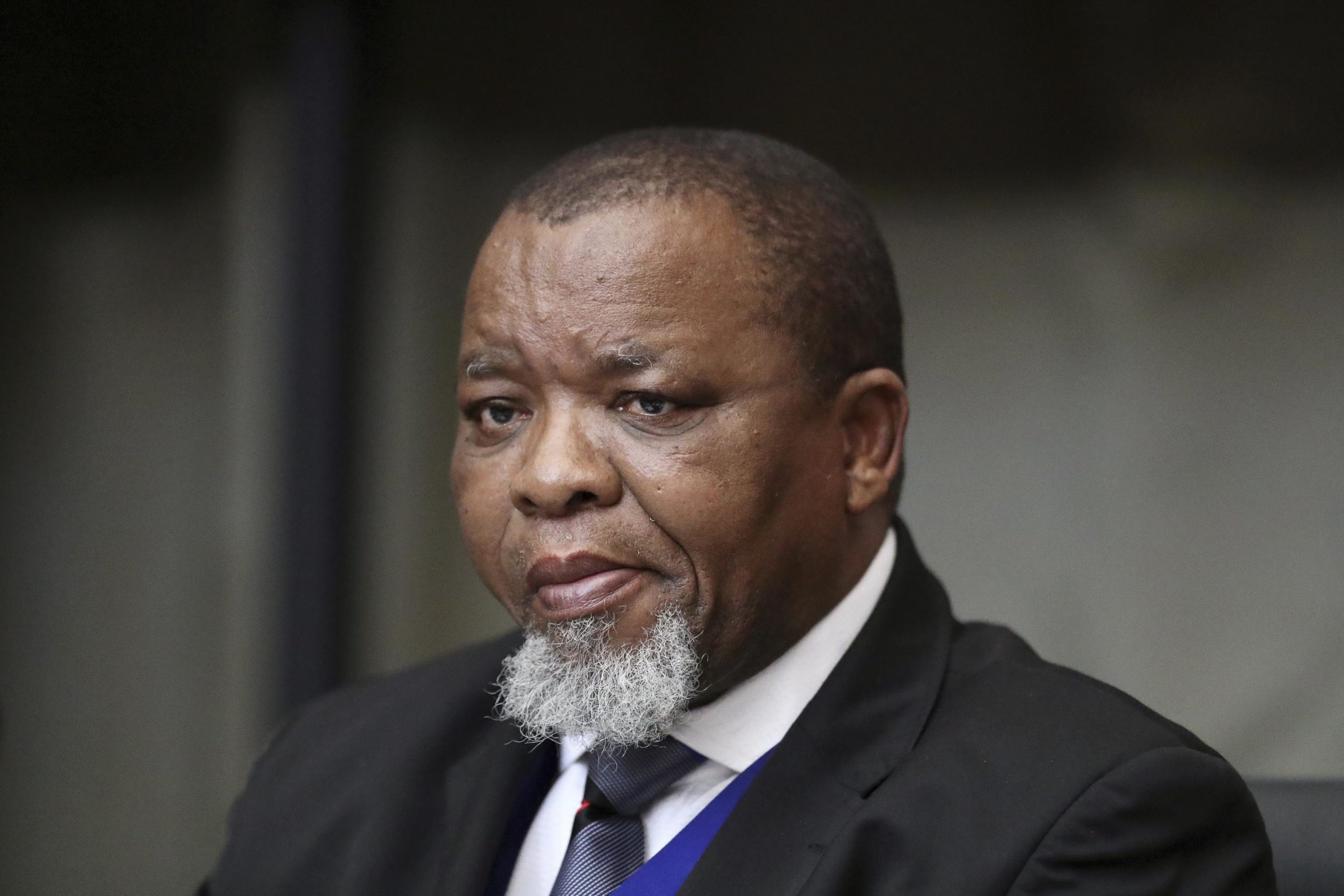The delegation included the Department of Science and Innovation (DSI), which developed the Hydrogen Society Roadmap recently launched by the Minister.
The Minister of Higher Education, Science and Innovation, Dr Blade Nzimande, said the South African delegation’s recent visit to the United Kingdom (UK) to explore potential trade relationships to support high technology manufacturing centred on the hydrogen economy will propel South Africa’s hydrogen economy to greater heights.
Other members of the delegation represented Airports Company South Africa, the Limpopo Economic Development Agency, Trade and Investment KwaZulu-Natal, the Gauteng Department of Economic Development, and academia. The delegation went to Teesside, which is at the forefront of the UK’s transition to a green economy and is an international gateway to the UK. The city has vital assets and capabilities that have both national importance and global reach in the sectors of advanced manufacturing, energy, digital and health innovation, which are at the core of the city’s economy. Its ambition is to lead the UK’s transition to a green economy and expand its international trading role.
“The mission was aimed at establishing strategic partnerships that will promote the manufacturing of locally developed intellectually property across South Africa’s hydrogen corridor, and the export of green hydrogen and green ammonia to the UK market,” said Minister Nzimande.
South Africa’s Hydrogen Society Roadmap, launched earlier this year, aims to contribute to an inclusive, sustainable and competitive hydrogen economy by 2050, as part of a just transition to a net zero economy.
“One of the key outcomes of the roadmap will be the creation of an export market for green hydrogen and green ammonia, and the creation of a manufacturing sector for hydrogen products and components,” said the Minister.
The Director-General of Science and Innovation, Dr Phil Mjwara, made a presentation to UK stakeholder detailing South Africa’s hydrogen journey, which started in 2007 with the Cabinet’s approval of the National Hydrogen and Fuel Cell Technologies Research, Development and Innovation Strategy. This led to the Hydrogen South Africa initiative, through which the DSI is promoting the use of local platinum group metal resources to create knowledge and skills, and enable the development of high-value commercial activities in hydrogen and fuel cell technologies.
South Africa signed a bilateral agreement with the UK on cooperation in science and technology in 1995, with climate change, biotechnology, astronomy and global change identified as areas for collaboration. One of the key outcomes of the mission to Teesside was to expand the existing agreement through a memorandum of understanding setting out identified potential collaboration opportunities on the hydrogen economy.
The DSI is interested in partnering with the UK2070 Commission to share ideas on how to use hydrogen economy opportunities to deal with poverty, unemployment and inequality. The UK2070 Commission is an independent inquiry into the city and regional inequalities in the UK, which will include a review of the policy and spatial issues related to the UK’s long-term city and regional development.
The delegation, which returned to South Africa today, agreed to collaborate on numerous areas, deepen existing collaboration instruments such as the Newton Fund, finalise agreements, establish working groups and collectively sign the memorandum of understanding.

